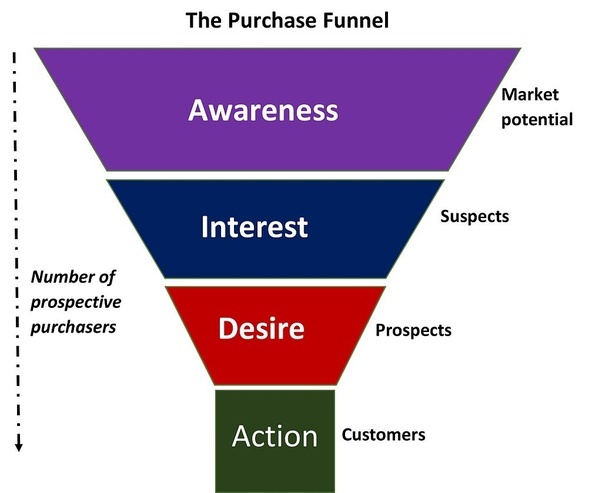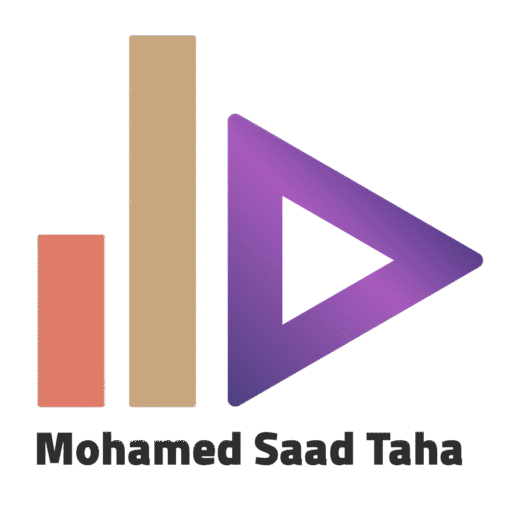What is the Sales Funnel ?
A sales funnel is a strategic model that illustrates the customer journey from initial awareness of a product or service to the final purchase decision. It is typically divided into stages—Awareness, Interest, Desire, and Action (AIDA)—each representing a step in the decision-making process. Businesses use the sales funnel to identify, attract, engage, and convert prospects into paying customers, optimizing marketing efforts and improving sales efficiency at each stage of the funnel.

Visualize your customer journey with the classic Purchase Funnel — from Awareness to Action. Use our Sales Funnel Maker to create a tailored funnel based on your industry and target audience.
Enter The Target Sales and Select The Industry
“Please note that the generated data provided by this calculator is an estimate and may not be entirely accurate due to various factors such as market conditions, industry fluctuations, and individual business circumstances. It is intended to provide a rough understanding of the sales funnel process. Actual results may vary. We recommend using this tool as a starting point and conducting further analysis for more precise insights into your specific sales funnel.
Why the sales funnel structre differes among the different industries ?
The structure of a sales funnel varies across different industries because each industry has unique customer behaviors, buying cycles, decision-making processes, and levels of product or service complexity. For example, a B2B technology company often requires a longer, multi-touch funnel with stages focused on education, trust-building, and stakeholder alignment, while a B2C e-commerce brand may have a shorter funnel driven by impulse buys and emotional triggers. High-ticket items like real estate or enterprise software demand more nurturing and personalized engagement, whereas low-cost consumer goods might rely on volume and fast conversions. Therefore, tailoring the sales funnel to align with industry-specific dynamics ensures more effective lead qualification, higher conversion rates, and better overall marketing ROI.
You can find more information about Conversion Rates at Average Conversion Rate By Industry and Marketing Source
